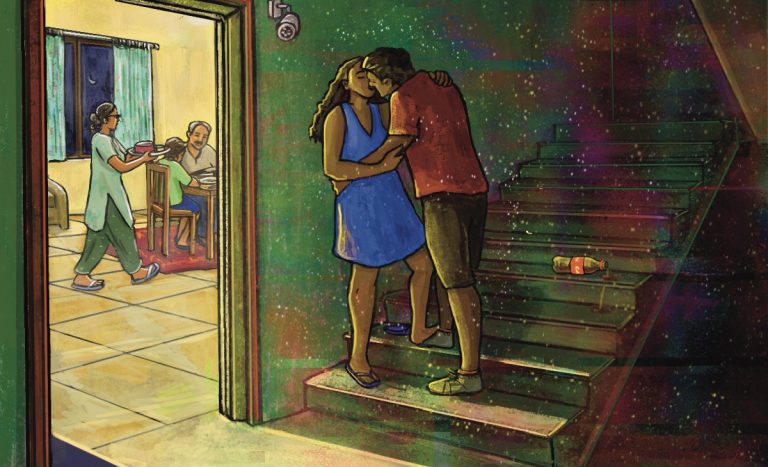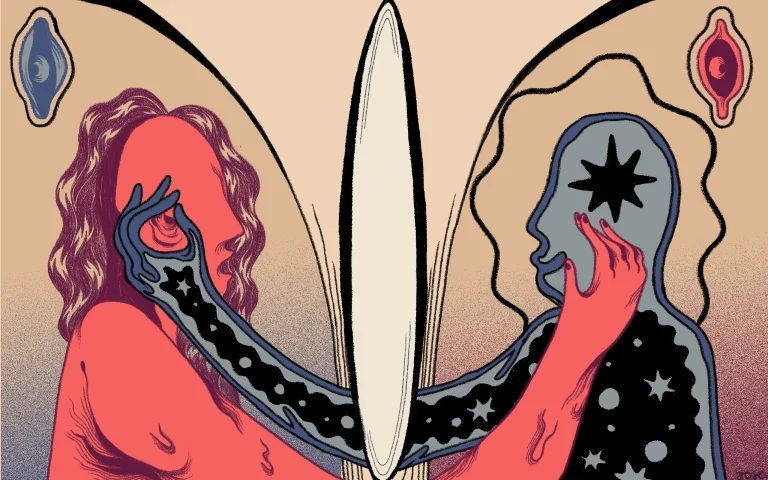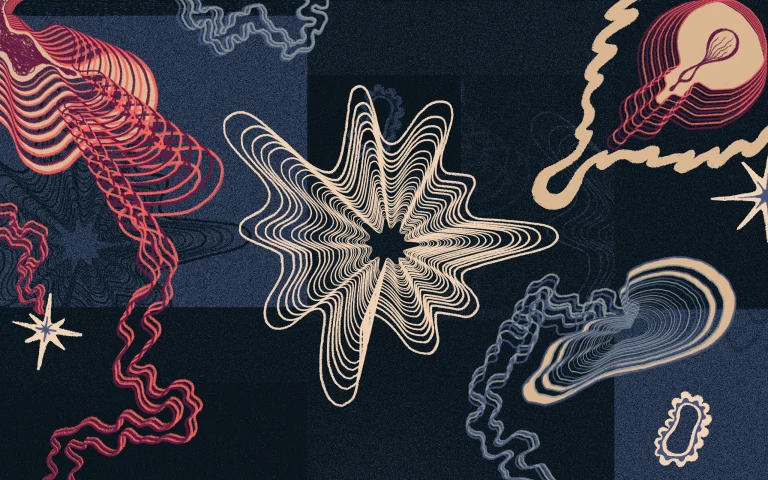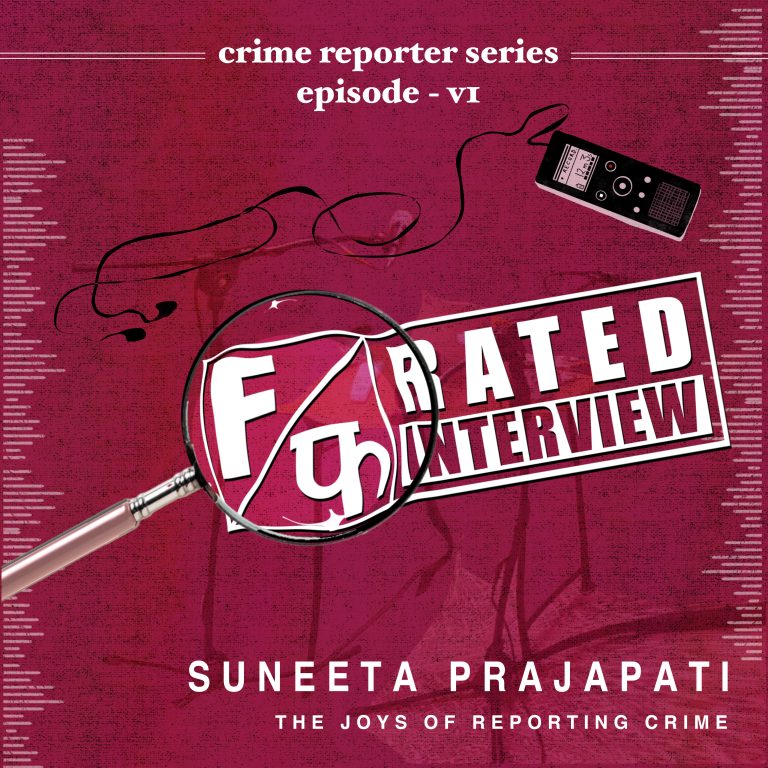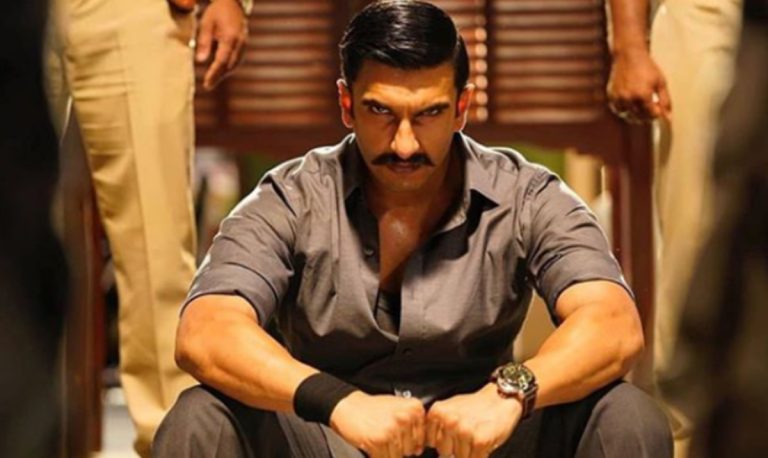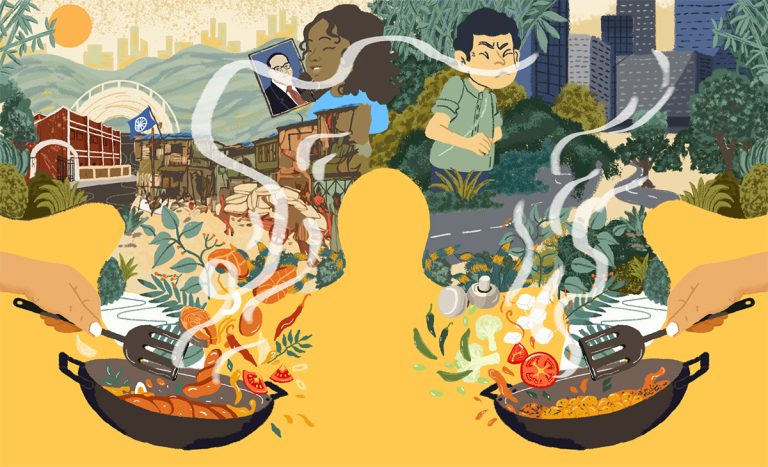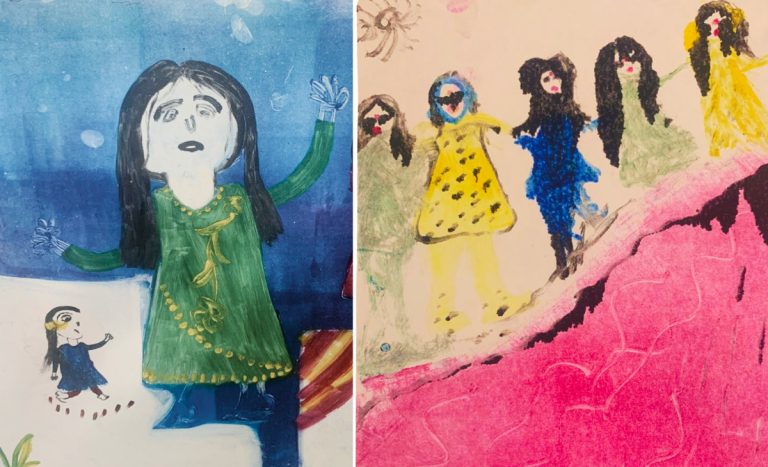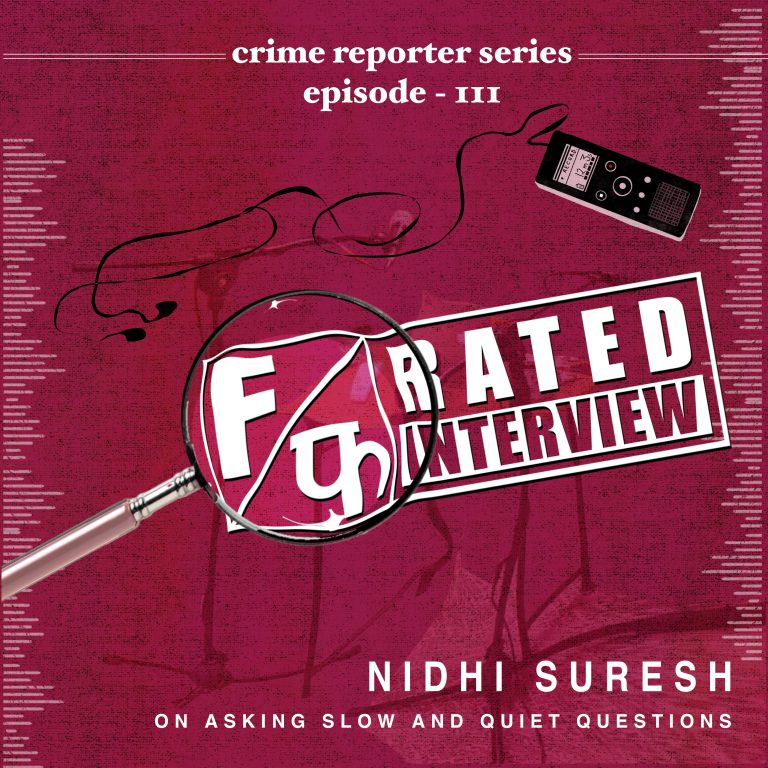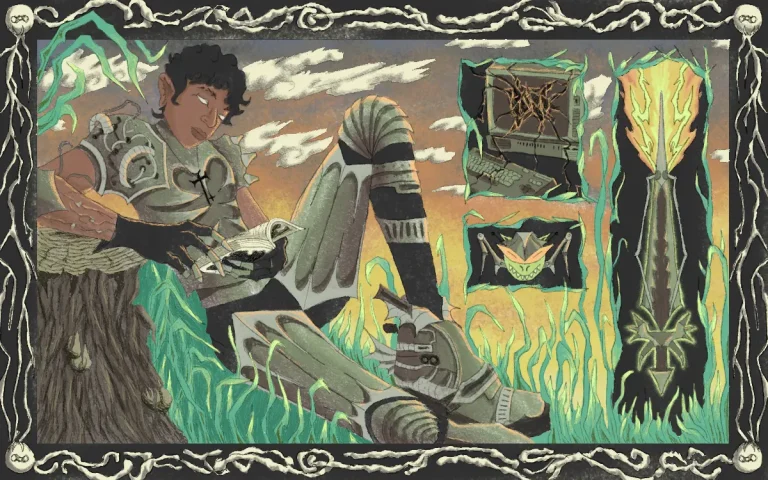
I Know My Own Animal Heart
As far back as I can remember, my two override switches have been between my (seemingly) conflicting desires: to be taken seriously and have a good time. One of my earliest memories is my father telling me bemusedly, “You can’t always be having fun!”


